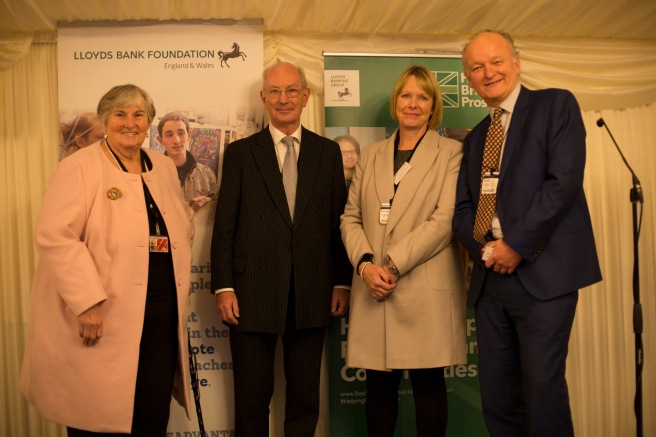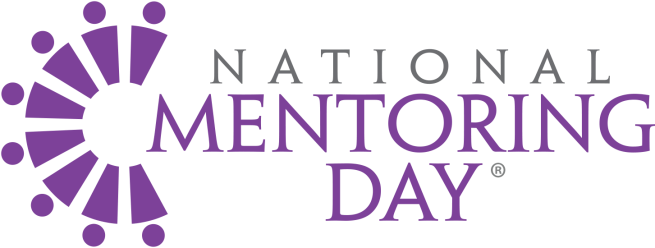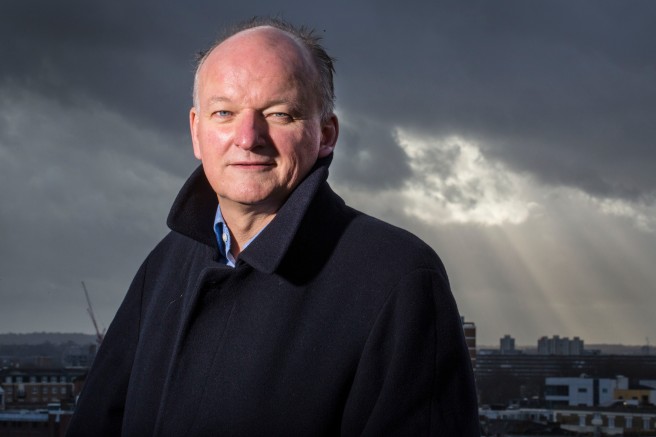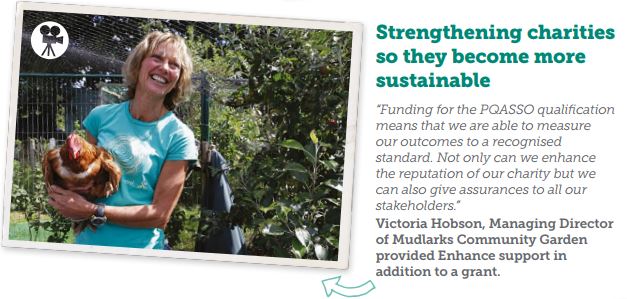
Judith Ford, CEO of Wyre Forest Nightstop, a charity funded by the Foundation, spoke at our Westminster Reception yesterday and called for MPs to take forward the experiences of small and local charities with them to Westminster. Here she shares her thoughts:
At Wyre Forest Nightstop we work with young people aged 16-25 who are homeless, or at risk of being homeless. We support them with a range of services from emergency accommodation to family mediation, volunteering opportunities and give them a chance to develop skills and experience.
“You have nothing but the clothes on your back…”
I can’t do justice to the difference this support makes to the young people we support so I’ll share with you a few words from Courteney, a young woman who we first worked with when she was 18. She recently blogged:
“Everyone’s opinion on homelessness is different but you truly won’t understand how it feels until you experience it yourself. Try to imagine; you have nothing but the clothes on your back, you have nobody to help you as they just walk past, you feel invisible to all those who you thought cared about you. You want to scream and get somebody’s attention and nobody listens. The street lamps are your only source of light as you’re under the slide trying not to get wet from the rain.
Many people aren’t aware of the important role small charities like Wyre Forest Nightstop make. It’s why we need the support from others – from MPs, government, businesses and supporters.
“I’m lucky I found Nightstop because I don’t know where I would be if I hadn’t. They provided me with the care I needed and helped me to get into supported lodgings. They are such a friendly bunch of people, they made me feel like I am a part of the family and welcomed me with open arms. “
Courteney is just one of the hundreds of young people we see every year who fall through the gaps in our care or welfare systems and find themselves with nowhere to live.
As a local charity we’re able to take time to get to know the people we work with so we can provide targeted and personalised support that responds to their unique and individual experiences. We can only work this way because we know our community and we know the support they need.
Support through difficult times
When I joined Nightstop back in 2011 we were on the point of going under – one of our first grants was paid in two instalments just in case we didn’t make it past the six month stage. Our turning point came two years ago when we were given an Enable grant from Lloyds Bank Foundation.
The grant allowed us to work on our organisational development, undertaking a review, training for trustees and myself that equipped me with vital leadership and business skills to lead the charity through the challenges we faced and continue to face. It really ‘Enabled’ us to move forward!
Listen to small charities, our local solutions have the potential to solve national issues too.
Like many of the other charities funded by the Foundation we’re operating in difficult times. We’ve had cuts in statutory funds but at the same time have seen a big increase in demand for our services. Thanks to the support from Lloyds and out Enable grant we’ve been in a position where we were able to tackle these challenges head on. We’ve since secured a partnership grant for over £500,000 from the Big Lottery Fund. I know that part of the reason we got that grant was because we had gained stronger governance, robust systems and passionate staff thanks to our support from the Foundation.
All the way through our journey the Foundation has been by our side. They have just awarded us an Invest grant of £68,000 to cover some of our core costs like salaries. It’s rare for grantmakers to fund core costs, most want to fund new and exciting projects, but they understand that it’s our core costs that keep us going, and allow us to provide the support and services we know our community needs.
Small but vital voices
Yesterday the Foundation brought together charity leaders with MPs in Parliament to recognise and celebrate the role small charities have in their communities. They’ve given the small charities they fund the opportunity to not just keep doing what we do best but also doing but make the case to politicians why they are so vital to the communities they serve.
Sadly though many people aren’t aware of the important role small charities like Wyre Forest Nightstop make. It’s why we need the support from others – from MPs, government, businesses and supporters but it’s also why we need to make raise our own voices to champion who we are and what we do.
We need those MPs particularly to take what they see, hear and learn from their local charities back with them to Westminster. When they are making policies they need to be aware of the impact their decisions can have on the most vulnerable members of our community. To take just one example – no-one should have to wait 6 weeks before they can buy food or pay their rent. That policy around Universal Credit alone has a huge impact on our ability to do our work and help people like Courteney.
So I say please talk to and listen to small charities, our local solutions have the potential to solve national issues too. Please use our experience to inform decisions and improve the lives of the people we support.


 James Rees and David Mullins’ book,
James Rees and David Mullins’ book,  In the absence of someone else’s vision for the sector, maybe we can reclaim our own. Julia Unwin’s
In the absence of someone else’s vision for the sector, maybe we can reclaim our own. Julia Unwin’s 


 Today on
Today on  “For me personally the experience has been really rewarding. I’ve learnt a lot from the charities and I feel they’ve appreciated my contribution. Choice in Hackney recently celebrated their 25th anniversary and as part of the celebrations I was presented with a big thank you certificate for the work I’d done. I really wasn’t expecting it – I feel like our work together has just started to get going and that I don’t deserve it yet, but it’s great to know they feel my support has been helpful.
“For me personally the experience has been really rewarding. I’ve learnt a lot from the charities and I feel they’ve appreciated my contribution. Choice in Hackney recently celebrated their 25th anniversary and as part of the celebrations I was presented with a big thank you certificate for the work I’d done. I really wasn’t expecting it – I feel like our work together has just started to get going and that I don’t deserve it yet, but it’s great to know they feel my support has been helpful. I recently spoke about how the foundation uses research at the annual Voluntary Sector and Volunteering Research Conference.
I recently spoke about how the foundation uses research at the annual Voluntary Sector and Volunteering Research Conference.




 Their Charity Mentoring Programme is one scheme to take inspiration from. Bank staff are matched to Foundation funded charities and, using their expertise in areas such as strategy and business development, they help support the charity to become stronger and more sustainable, not to mention improving the bank colleague’s own skills. This mutual endeavour tackles the Foundation’s long-term mission of Breaking Disadvantage; Bettering Lives while simultaneously furthering Lloyds Banking Group’s (LBG) commitment to Helping Britain Prosper. Both organisations – despite representing different sectors – share the same ultimate goal, so working together makes perfect sense.
Their Charity Mentoring Programme is one scheme to take inspiration from. Bank staff are matched to Foundation funded charities and, using their expertise in areas such as strategy and business development, they help support the charity to become stronger and more sustainable, not to mention improving the bank colleague’s own skills. This mutual endeavour tackles the Foundation’s long-term mission of Breaking Disadvantage; Bettering Lives while simultaneously furthering Lloyds Banking Group’s (LBG) commitment to Helping Britain Prosper. Both organisations – despite representing different sectors – share the same ultimate goal, so working together makes perfect sense.



 The Government recently voted on the Queen’s Speech including the new Domestic Violence and Abuse Bill – one of the few pieces of legislation outside of Brexit to make it onto the statute book.
The Government recently voted on the Queen’s Speech including the new Domestic Violence and Abuse Bill – one of the few pieces of legislation outside of Brexit to make it onto the statute book.


 When we do reject funding applications, we send a personalised letter giving concrete reasons why the charity was not successful. Our Chief Executive Paul takes the time to sign all of these letters and often encourages charities to try again. Of course, it’s much more enjoyable to write letters telling charities they have been successful, but that doesn’t mean it’s any less important writing those that aren’t.
When we do reject funding applications, we send a personalised letter giving concrete reasons why the charity was not successful. Our Chief Executive Paul takes the time to sign all of these letters and often encourages charities to try again. Of course, it’s much more enjoyable to write letters telling charities they have been successful, but that doesn’t mean it’s any less important writing those that aren’t. Asking for feedback can of course be an uncomfortable experience. We worry about what we will be told and that’s probably why around 95% of our applicants who aren’t successful don’t ask why they didn’t get funded. We know charities spend hours making an application but then don’t take the final step to understand why it wasn’t successful.
Asking for feedback can of course be an uncomfortable experience. We worry about what we will be told and that’s probably why around 95% of our applicants who aren’t successful don’t ask why they didn’t get funded. We know charities spend hours making an application but then don’t take the final step to understand why it wasn’t successful.